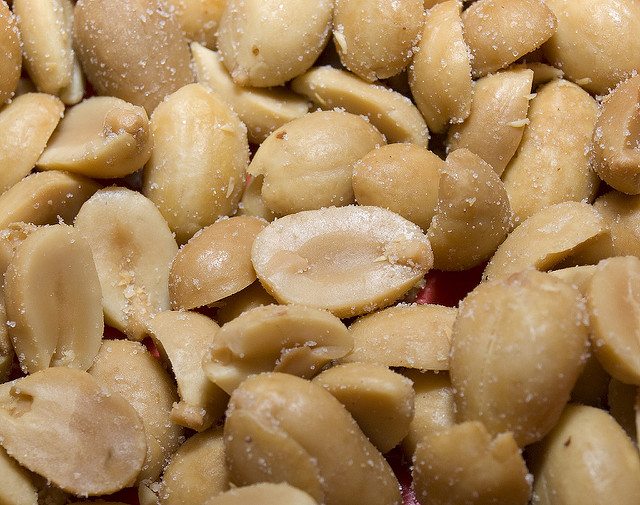Omicron drove a huge spike in daily number of positive cases, roughly four times that of Delta, but the number of hospitalizations was roughly similar. Most recently, US hospitals (including ours) saw a huge spike in flu and RSV in pediatric patients, far above the number of COVID patients we had. This does not mean that COVID acts like those other illnesses. In many cases it does, but in enough cases to matter, it does not. I agree that it doesn't impact "the masses", so to speak, but lung damage from COVID, even in relatively mild cases, is well-documented. This lung damage can lead to air trapping, which can lead to pulmonary barotrauma in diving. You and anyone else may feel free to follow your recommendations, but they are contrary to those of the highly-regarded UCSD diving medicine specialists, reproduced here for continuity (basically a chest x-ray series and pulmonary function testing for mild illness):
Category 1 Asymptomatic Diver who had a mild COVID-19-suspected illness
We define a mild illness as any patient who:
● Did not seek health care or received outpatient treatment only without evidence of hypoxemia.
● Did not require supplemental oxygen
● Imaging was normal or not required
● They have returned to their baseline exercise tolerance.
Commercial Divers/Scientific Divers/Recreational
● Initial/annual exam per ADCI/AAUS/NOAA/RSTC guidelines (DDM addition: for commercial or scientific divers only)
● Spirometry
● Chest radiograph (PA & Lateral)
● If chest radiograph is abnormal, obtain Chest CT scan
● If unknown (or unsatisfactory) exercise tolerance, perform exercise tolerance test with oxygen saturation
Best regards,
DDM
Does UCSD have any randomized controlled studies, or even non randomized studies to support these recommendations? How about randomizing some divers to the suggested evaluation and others to simply diving if they feel well and then seeing if there is a difference in barotrauma rates? They could even try to find folks who had never had Covid (good luck finding enough to power the study) or just compare to prior known rates. I’d hazard a guess that they didn’t, but I’ll admit I have not extensively looked.
If they don’t have randomized evidence then they are simply guessing. Simply guessing is unacceptable when offering guidance as a professional organization who is able to generate such evidence.
Never in the history of medicine would any of us accepted that a mild, minimally symptomatic, URI style viral infection, could cause long term health issues for any significant number of people. The majority of long Covid studies are garbage. They are not blinded, frequently self reported and Frequently ICD 10 codes are used to justify the symptoms. We all know ICD 10 codes are meant for billing, not treating, not data collection. Often times long Covid studies are studies of folks who present to the medical system, missing the total denominator of the cases. Additionally people who present to the medical system for a sniffle and Covid testing are often fundamentally different people than those who just walk off their cold.
I agree that people are suffering. I am not convinced that the Covid virus is the cause. As Dr. Prasad and his team suggests there are other potential causes.




